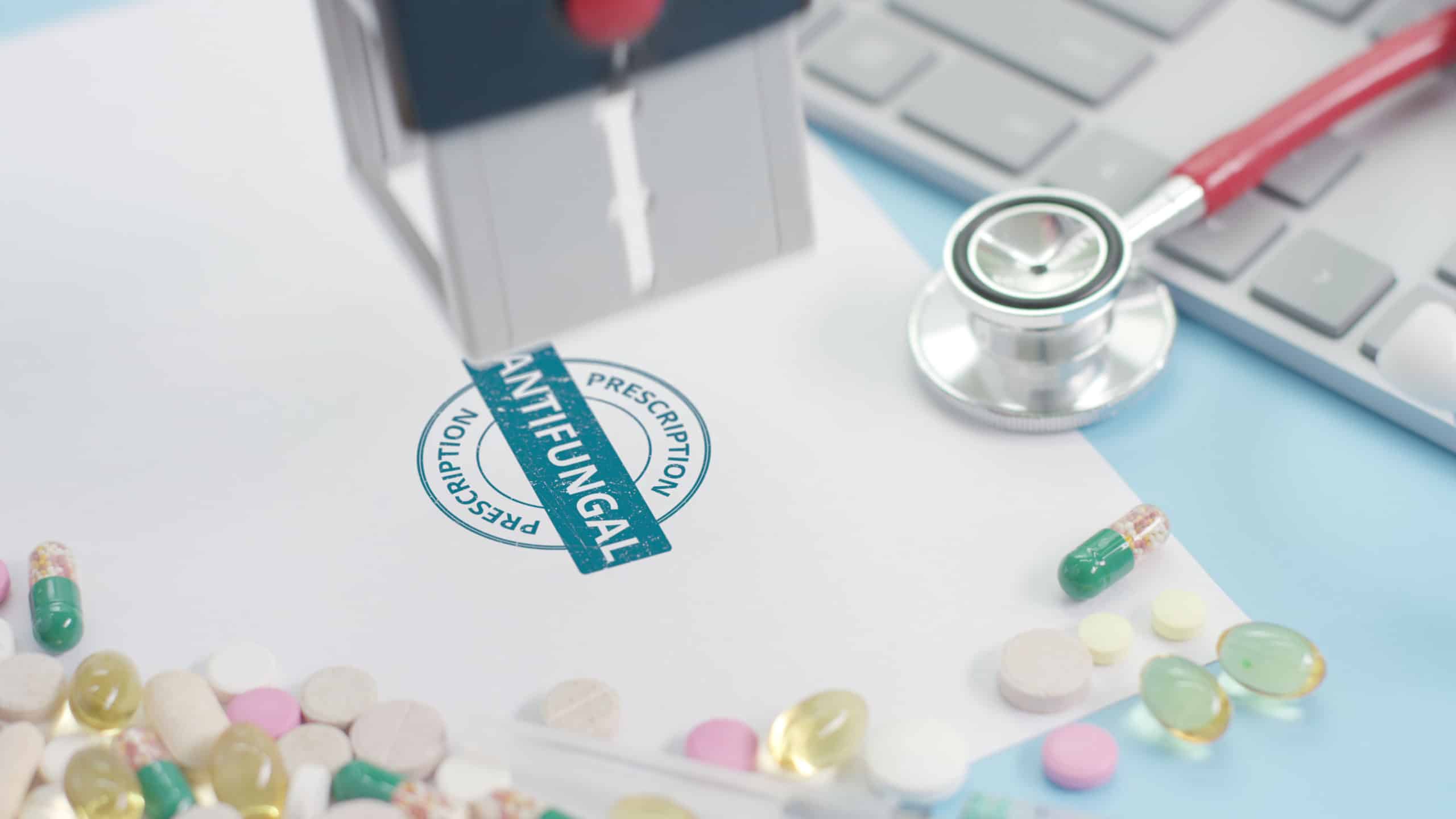
How Long to Wait to Take Diflucan After Antibiotics: A Comprehensive Guide
If you’ve been prescribed antibiotics, you may be wondering when you can take Diflucan. Diflucan is an antifungal medication used to treat and prevent yeast infections. Taking Diflucan too soon after antibiotics can reduce its effectiveness. Therefore, it’s essential to wait a certain amount of time to ensure optimal results.
This article will delve into the details of when to take Diflucan after antibiotics. We’ll explore the topic comprehensively, providing insights from medical experts, research studies, and real-life experiences shared on platforms like Reddit.
Understanding the Significance of Waiting Between Antibiotics and Diflucan
Antibiotics are commonly used to treat bacterial infections. However, they can also disrupt the balance of good and bad bacteria in the body, leading to an overgrowth of yeast, which can cause a yeast infection. Diflucan targets yeast infections by killing the fungus responsible for them.
Taking Diflucan too soon after antibiotics can interfere with the effectiveness of the antifungal medication. This is because antibiotics can reduce the levels of good bacteria in the gut, which are necessary for Diflucan to work effectively. Therefore, waiting an appropriate amount of time between taking antibiotics and Diflucan is crucial.
Recommended Waiting Period Between Antibiotics and Diflucan
According to medical experts, it’s generally recommended to wait at least 72 hours (3 days) after finishing a course of antibiotics before taking Diflucan. This waiting period allows the gut flora to recover and ensures that the Diflucan will be most effective in treating or preventing a yeast infection.
However, it’s important to note that this recommended waiting period can vary depending on the specific antibiotics you’ve been prescribed and your individual health status. Therefore, it’s always best to consult with your doctor or pharmacist for personalized advice on the appropriate waiting time for your specific situation.
Tips for Preventing Yeast Infections After Taking Antibiotics
In addition to waiting the appropriate amount of time before taking Diflucan after antibiotics, there are some simple steps you can follow to reduce your risk of developing a yeast infection:
- Probiotics: Consider taking a probiotic supplement or eating probiotic-rich foods like yogurt and kefir to help restore the balance of good bacteria in your gut.
- Avoid sugary foods: Yeast thrives on sugar, so limit your intake of sugary drinks, candy, and processed foods to avoid creating a favorable environment for yeast growth.
- Practice good hygiene: Keep your genital area clean and dry by showering regularly and wearing cotton underwear.
If you experience any symptoms of a yeast infection, such as itching, burning, or discharge, it’s important to see your doctor or pharmacist for proper diagnosis and treatment.
Frequently Asked Questions on Diflucan After Antibiotics
- Q: How long does it take for Diflucan to work?
A: Diflucan usually starts working within 24-48 hours, but it may take up to 7 days for the full effects to be noticeable.
- Q: Can I take Diflucan without a prescription?
A: No, Diflucan is a prescription medication and should only be taken under the supervision of a doctor or pharmacist.
- Q: Are there any side effects of taking Diflucan?
A: Common side effects of Diflucan include nausea, stomach upset, and headache. Serious side effects are rare.
Conclusion
Understanding the appropriate waiting period between antibiotics and Diflucan is crucial for its effectiveness in treating or preventing yeast infections. By waiting at least 72 hours after finishing your course of antibiotics, you can ensure that Diflucan will be most effective in targeting yeast. Additionally, following preventive measures like taking probiotics and practicing good hygiene can further reduce your risk of developing a yeast infection.
If you have any concerns or questions about taking Diflucan after antibiotics, don’t hesitate to consult with your doctor or pharmacist. They can provide personalized advice based on your specific situation, ensuring optimal outcomes for your treatment or prevention efforts.

Image: womens-health.sg

Image: reddit.com
Canesten Vaginal Tablets 1 Tablets – Clicks Feb 11, 2023Taking this drug with fluconazole can cause muscle cramps, headache, low blood pressure, and seizures. Your doctor will measure blood levels of phenytoin while you’re taking fluconazole